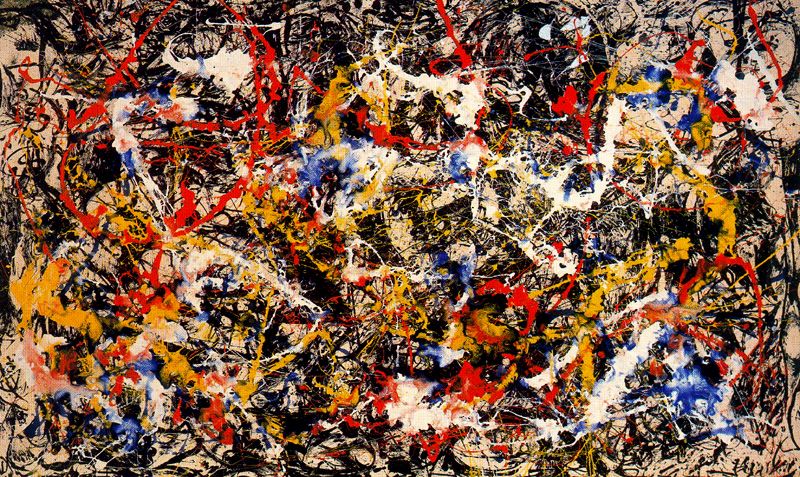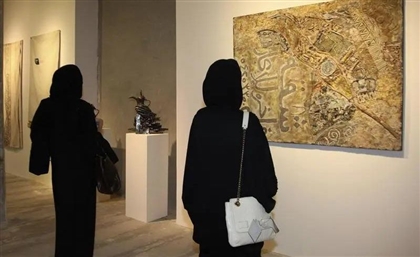Abstract Expressionism
If you thought Abstract art was too flimsy to understand, wait until Karim Rahman takes us through Abstract Expressionism...

It's been my ideology ever since I started studying art that there is no such thing as being "an artist". Of course, it's a natural talent (some say a gift from God), but with the plethora of modern art movements that have emerged following the renaissance and the fall from grace of the Parisian institution, the guidelines of what constitutes art and what doesn't has become nothing short of blurry. You know those paintings of a white canvas with only a red rectangle painted on them that you constantly make fun of? That constitutes art. It's all about self-expression; art has become, not a means with which the artist portrays his environment in a picture-perfect manner, but rather display his experiences in a way that resonates and that has many facets.
One of those art disciplines that I think portrays that concept of pure, undiluted self-expression is "Abstract Expressionism". What is Abstract Expressionism? Where did it start? Who started it? Time for a little history lesson.
What is Abstract Expressionism? The term Abstract Expressionism was first applied to American painters who aimed to portray their emotions through abstraction. However, with the diversity of styles of self-expression (see: intro), they were then divided up in two categories: Action Painters, who aimed to convey emotions through the power of gesture (brush strokes, direction of paint, orientation of composition) and Colour Field Painters, who aimed to portray things with the use of colour.
Where did Abstract Expressionism originate? A.E. originated in New York, where the majority of painters worked (and then subsequently became known as the New York School). The term Abstract Expressionism was first conceived by art critic Robert Coates in 1946.
Famous Artists: Jackson Pollock, Franz Kline, Willem De Kooning, Barnet Newman.
Examples of Abstract Expressionism:




- Previous Article I Got Banged!
- Next Article Nomades Land
























